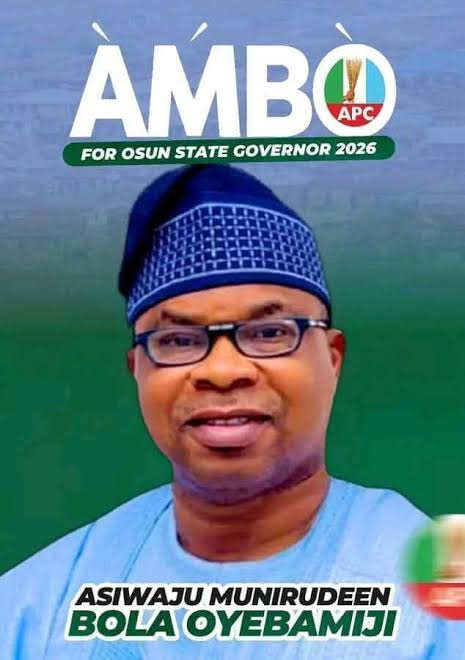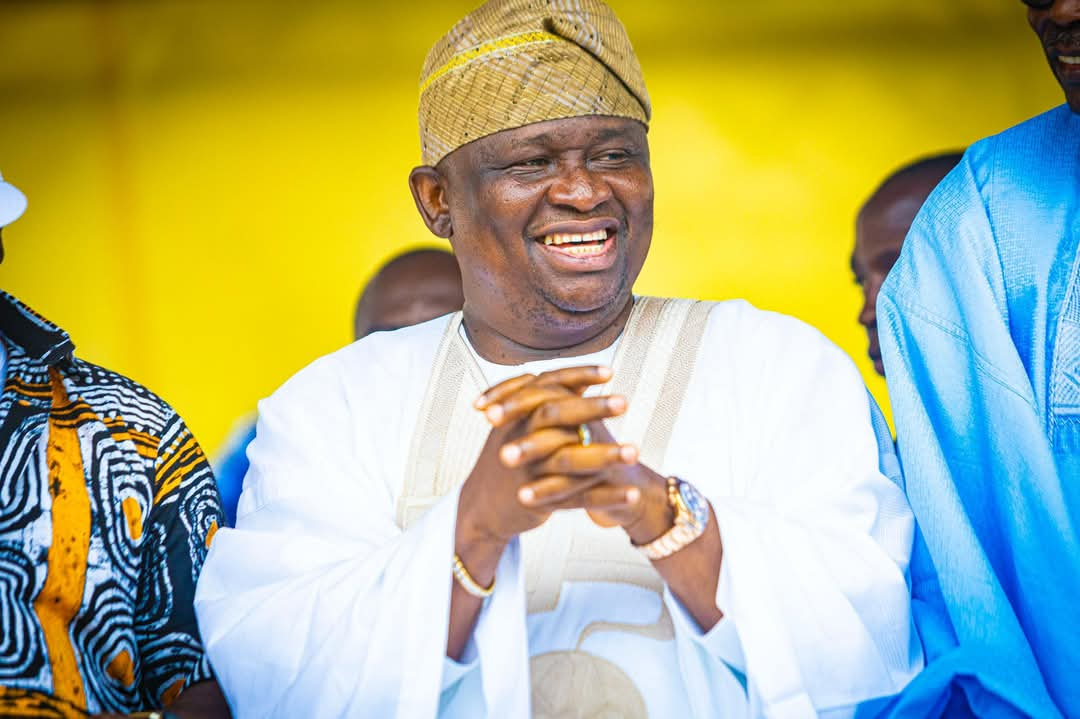ENGR. TAIWO ABIODUN, PhD, DBA

In a remarkable turn that signals a new era for Nigeria’s economic direction, the Naira is steadily decoupling from its historical dependency on global oil prices — a development that reflects the strength of recent structural reforms and the rising confidence in Nigeria’s long-term potential.
Contrary to the expectations of habitual skeptics and narrow-minded critics, this evolution is not for those with a micro-sense of economics or short-term thinking. Rather, it is best appreciated by individuals who possess the intellectual depth and analytical maturity to understand the complex interplay between fiscal reform, investor psychology, and macroeconomic stability.
After some expected turbulence in the early months of 2025, the naira has found stable ground — even as crude oil prices have slipped. Analysts from global institutions such as Deutsche Bank AG and Cardinal Stone project that the currency will maintain an average exchange rate near ₦1,556 to the US dollar by year’s end, mirroring its performance over the first half of the year. As of Tuesday, the naira traded around ₦1,530 — largely unchanged in year-to-date terms — reinforcing the emerging narrative of monetary stability and resilience.
This progress comes on the heels of a sharp 41% devaluation in 2024, a difficult yet necessary adjustment to create a transparent, market-driven foreign exchange system. While many short-sighted observers saw only crisis, those with broader vision recognized a nation repositioning itself for sustainable growth.
The decoupling of the naira from oil is not just a technical shift — it is a national breakthrough. It underscores Nigeria’s growing ability to stand on its own economic fundamentals, diversify its revenue base, and inspire renewed investor trust. These developments may not make headlines among cynics, but they are deeply significant to those who understand that true progress often starts with tough decisions.
Nigeria is on the move — not just reacting to global trends, but proactively reshaping its future. And for those who can see beyond the surface, the message is clear: this is not the end of reform, but the beginning of a new financial awakening.








